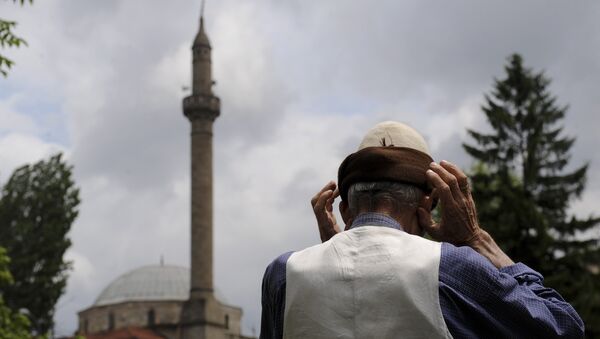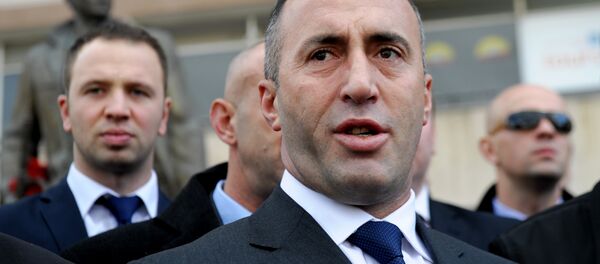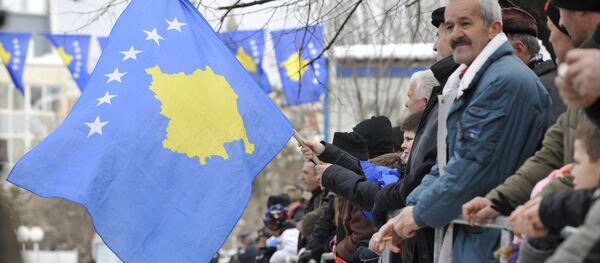“Kosovo has nothing to do with the problems existing in Russian-US relations that our countries are going to discuss. I do not see any factors that could change the Kremlin’s position regarding the territorial integrity of Serbia,” Andrei Sushentsov said.
He added that talk of Russia or the US bartering with the recognition of territories makes no sense.
“Russia does not use its relations with any country as a bargaining chip in its fence-mending talks with the United States. Therefore, neither the interests of Serbia, nor those of Russia’s other allies will be compromised, even if relations between Russia and the US start developing,” Sushentsov told Sputnik Serbia.
Experts of the Valdai Club who spoke to Sputnik did not rule out the possibility that the United States could make a "Crimea for Kosovo" offer, but were confident that Moscow will not agree to it under any circumstances, at least while Vladimir Putin is in power.
“Even if the US puts forward such a proposal, Russia will certainly turn it down and will not engage in any kind of bartering. Moscow does not need Washington's support in order for Crimea to be Russian. Crimea rejoined Russia in a referendum, despite US and EU opposition. We were fully aware of the consequences and were ready for them," Igor Pshenichnikov, advisor to the director of the Russian Institute for Strategic Research, told Sputnik.
He added that by recognizing Kosovo Russia would betray its main ally in the Balkans and send a clear signal to all the separatist-minded forces in Serbia.
“In addition, the recognition of Kosovo by Russia would fly in the face of the existing system of international law,” Pshenichnikov noted.
Crimea voluntarily rejoined Russia in a 2014 referendum while Kosovo unilaterally broke away from Serbia with US and EU support. Even though Barack Obama said in 2014 that Kosovo seceded from Serbia following a region-wide referendum, no such plebiscite really happened and the opinion of the local Serb and other ethnic minorities were completely ignored.
The European Union signed an agreement on stabilization and association with Kosovo on October 27, 2015. Kosovo has already ratified the agreement.
In an interview with Sputnik Serbia, Irina Rudneva, a senior expert with the Center for the Study of Modern Balkan Crisis at the Institute of Slavic Studies in Moscow, said that not all countries, including those in the EU, have recognized Kosovo as an independent state.
“Kosovo is not a full-fledged state – its economy is stagnating and there are lots of political divisions too. Kosovo could become a tinderbox inside the EU and play a very bad role for Europe,” Rudneva warned.
“What Europe is now doing means that, acting on US advice, it is trying to prevent Kosovo’s reunification with Serbia. The US wants to destabilize Europe and [the Balkan] region by setting up military bases there and sending in arms and money. To keep the region under control, [the Americans] are now integrating it into the European Union,” Rudneva said.
Never miss a story again — sign up to our Telegram channel and we'll keep you up to speed!




